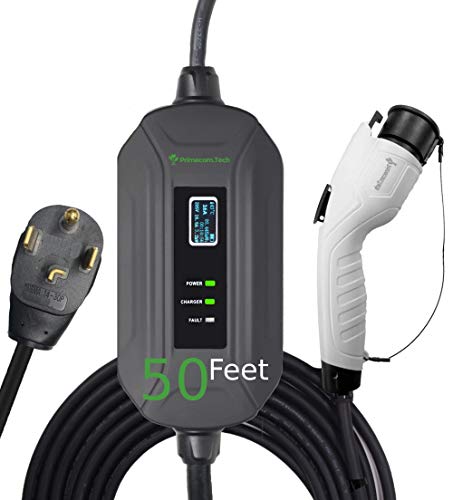This article has a little more information:
http://www.slashgear.com/toyota-fuel-cell-car-in-2014-with-300-mile-range-and-tesla-competitive-price-01288580/
"Nonetheless, despite Toyota’s – somewhat tempered – enthusiasm, fuel-cells are not universally acclaimed. The technology uses hydrogen, stored at high pressure in tanks usually under the trunk or rear seats, that is passed through a stack of polymer electrolyte membranes coated with catalyst layers: each produces under one volt, but given sufficient density can output sufficient energy to power the car."
"The advantages to fuel-cells, advocates say, are that they only emit oxygen as a waste product, and can be fueled on hydrogen sourced from water put through an electrolysis process. However, critics point to the fact that, in actuality, most commercial hydrogen is produced from natural gas, undermining some of its eco-friendly credentials. There’s also a requirement for power to actually compress the gas – in the case of Toyota’s FCV-R concept, which the production car will be based on, to 690x normal atmospheric pressure – into the car’s tank."
"Perhaps Toyota’s biggest challenge – and one which Elon Musk has highlighted – is infrastructure: so far, although there are a few hydrogen refueling stations in the US, they’re sparse. Unlike an EV, the FCV-R cannot simply be plugged into a regular power outlet for a straightforward (if slow) top-up. Meanwhile, Tesla pushes ahead with its Supercharger network, as well as flirting with even faster battery-replacement systems."






![Car Charger Adapter - [Upgraded Version] Car Fast Charger with 4 Ports (PD+QC3.0+USB C) Atmosphere Light - 12-24V Car Truck SUV Universal USB Cigarette Lighter Adapter(QC3.0+PD+2.4A+2.4A)](https://m.media-amazon.com/images/I/41TzjUqcNaL._SL500_.jpg)



























